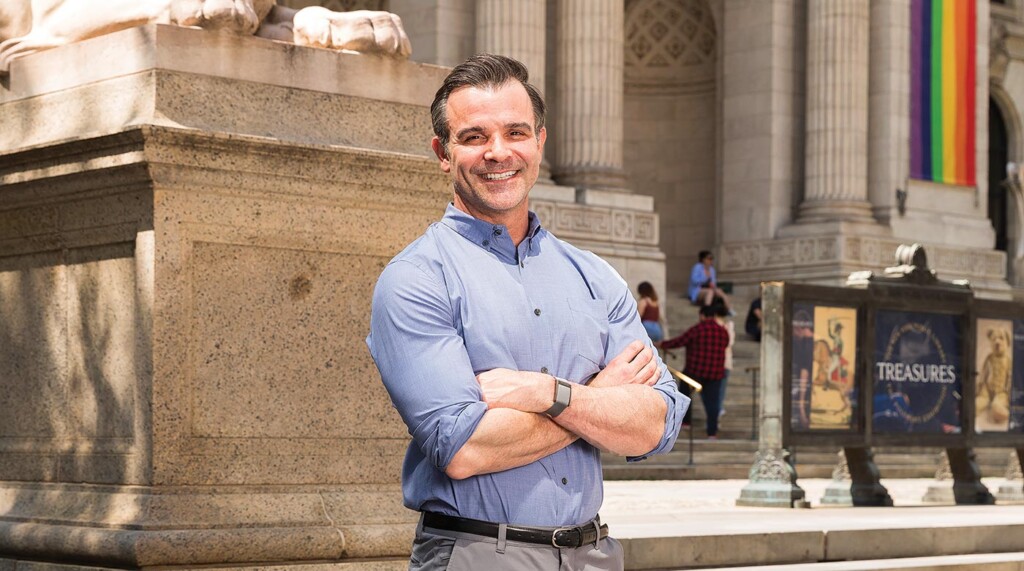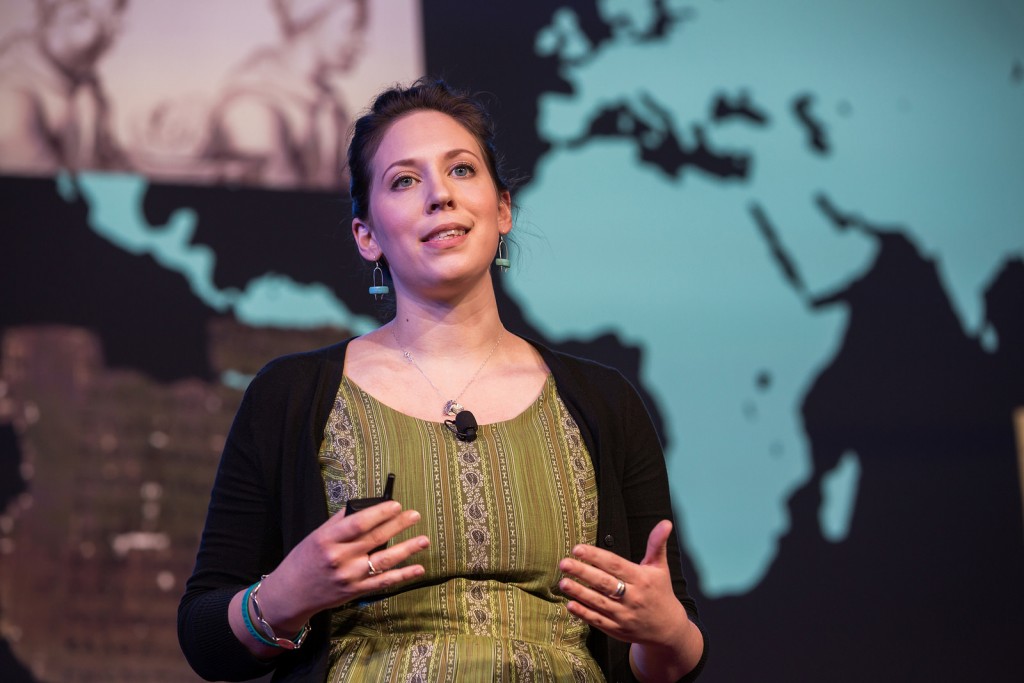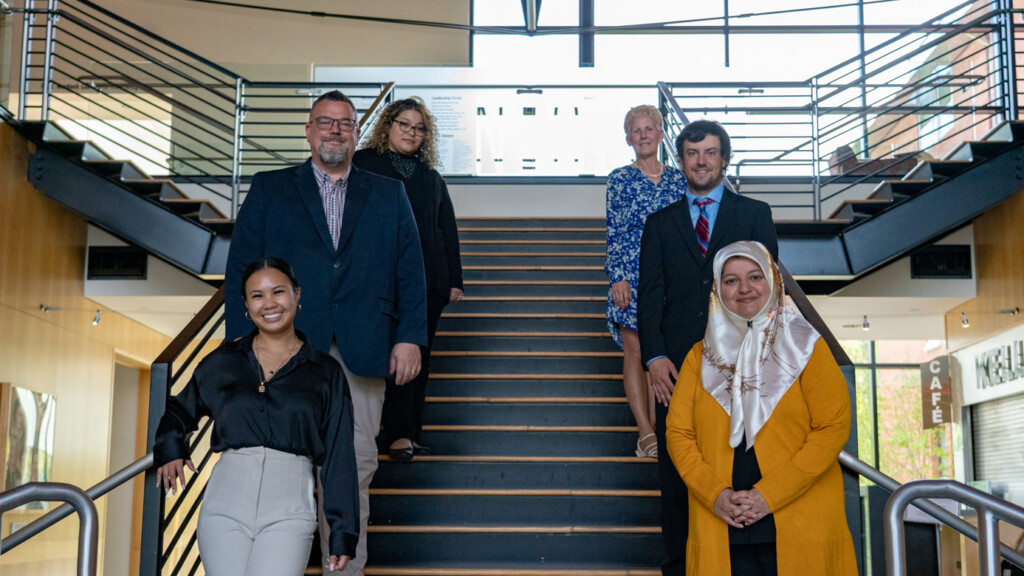Page 74 • (752 results in 0.063 seconds)
-

The Spanish word, Duende (du-end-ay), has come to refer to the mysterious power that art has to deeply move a person. Soon-to-be graduates in the Department of Art and Design chose this word to rally around for their senior exhibition in the University Gallery, opening…
has held a special place in Sara’s life since a young age. At five years old, her favorite book was Cristina Bjork’s Linnea in Monet’s Garden, and it was apparent to her family that art was no passing interest as she pursued working in a variety of mediums. Whether she is working in photography, mixed media, acrylic, or oil, her work is typically figurative in nature and often consists of unconventional portraits. Sara’s work has been shown in multiple juried exhibitions through PLU’s University
-

TACOMA, Wash. (July 23, 2015)—During the Aug. 2-12 Rainier Writing Workshop, more than 100 students and faculty will gather at PLU to participate in classes, workshops, readings and other creatively immersive activities. The 10-day workshop, the annual summer residency of Pacific Lutheran University’s Master of…
. Kitchen, who passed away in 2014, was the co-founder of the Rainier Writing Workshop at PLU. She authored four essay collections: The Circus Train; Half in Shade: Family, Photography, Fate; Distance and Direction; and Only the Dance. She also wrote a novel, The House on Eccles Road, winner of the S. Mariella Gable Prize from Graywolf Press, as well as a critical study of William Stafford, Writing the World. She also edited (with Ted Kooser, former U. S. Poet Laureate) an anthology of bird poems: The
-

In 1997, Brian Bannon was a PLU senior. An exemplary student, he wrote for The Mast, and was a double major researching social justice through the lens of queer rights movements. One afternoon, Bannon found himself in the office of history professor Beth Kraig, discussing…
department heads that the library could be an important vehicle for serving the city.” Bannon infused design-thinking methodology into all levels of library operations and launched an ambitious and comprehensive five-year strategic plan aligned with Mayor Emanuel’s education and economic priorities. Library programs across the city were reimagined and redesigned. For example, under Bannon’s direction, family summer program attendance at Chicago Public Library grew by 80 percent, and that attendance was
-
In honor of Women’s History Month, we are “commemorating and encouraging the study, observance and celebration of the vital role of women in American history.” ( https://www.womenshistorymonth.gov/ ). This exhibit includes a short list of just a few women’s first achievements in the past six…
everything. At first they are innocuous enough, but as tensions from the 2016 election spread from the media into his own family, they become much, much more complicated. Trying to answer him honestly, Mira has to think back to where she’s gotten her own answers: her most formative conversations about race, color, sexuality, and, of course, love.” — provided by the publisher Native country of the heart : a memoir (PS3563.O753Z46 2019) “Writer and activist Cherríe Moraga’s love letter to her ‘unlettered
-

In January 2006, a group of PLU students — bundled up in warm coats, gloves, hats and sturdy boots — stepped carefully from the boat on which they’d been traveling onto the rocky and icy shores of Antarctica. This intrepid class helped seal a spot…
different myths about Sounio and why it’s so important and why people chose to build Poseidon’s temple there thousands of years ago. It was amazing to be standing there, where people believe that the god of the sea’s spirit would live. If you’re unsure about studying away: I’ve never heard of anyone who’s regretted their study away. As challenging as it was to live in the Caribbean, and as difficult as it was to be away from my family for so long, or to miss out on things on campus, I don’t regret any
-
If season two of Sanditon showed us anything, it is that the eyes are easily deceived. After a season full of emotional manipulation through gaslighting and rakes disguised as men of gentility, the final episode retained a few surprises, including the revelation that Charles Lockhart…
In the Eye of the Beholder: Georgiana and her Portrait Posted by: ramosam / July 26, 2022 July 26, 2022 By Elsa Kienberger If season two of Sanditon showed us anything, it is that the eyes are easily deceived. After a season full of emotional manipulation through gaslighting and rakes disguised as men of gentility, the final episode retained a few surprises, including the revelation that Charles Lockhart (Alexander Vlahos) himself was the heinous family relation after Georgiana’s inheritance
-

A National Honor for ‘Digging into Cancer’ ‘Fast Company’ magazine names Hunt one of its 100 Most Creative People of 2014 . A Survivor in the Global Spotlight Katie Hunt ’11 fought cancer at PLU, leads the emerging field of paleo-oncology and wowed the crowd…
why she was selected. Passion Leads to PLU Hunt, a 2011 PLU graduate, discovered her passion for archaeology early. “Ever since I can remember—ever since my family can remember—I’ve been obsessed with it,” Hunt said from her hometown of Anchorage. “I would watch National Geographic constantly and tear apart the magazines and put them in a special binder.” Hunt’s TED Experience Watch Katie Hunt’s TED talk: www.ted.com She pursued her passion through two years at another (ahem) western Washington
-

The world of business is always changing. Markets trend up and down, technologies evolve, and ethical standards constantly progress. To many private-sector veterans, this rate of change can be daunting, but to students and faculty members at Pacific Lutheran University’s School of Business, they are…
discipline of business and more about providing a ‘PLU life coach,’ ” explains Mulder. “Our alumni and students are really excited about connecting via this program, and we see it as especially beneficial for first-in-their-family (to attend college) students who can use a bit of extra support around the transition to university courses, exploratory conversations about areas of study, and becoming acclimated to learning and life in the School of Business at PLU.” Mulder, who majored in business at PLU in
-

High school choir and guitar teacher Alonso Brizuela ’14 was in Spokane at a national choral directors conference in mid-March of 2020. Just a day and half days into events, the conference shut down early—due to a mysterious new illness that had arrived in the…
Amazon drivers, grocery-store workers and nurses. One student was one of 10 children in the family, with a truck-driving father stranded on the road. Another, the child of a nurse, had to live with grandparents for a while. If a child watched the day’s posted video, Zwang counted that as attendance—as did completing homework over the weekend with an essential-worker mom. Zwang addressed social-emotional needs, too, talking with kids about what the virus meant and that it was OK to be scared.In
-
This spring, the Strategic Enrollment Management Advisory Committee (known as SEMAC) will finalize PLU’s philosophy of enrollment, with the intention to ask our Board of Regents to adopt a final draft statement with enrollment targets in May. (See the current draft here on the Provost…
that provide for program sustainability. For example, in recent years, we’ve added programs mostly in areas where we have current strength (MSF, MSMR, DNP). But, PLU has also created a new program and hired an entire department to run it (MA in Marriage and Family Therapy back in the ‘70s); and we adopted a program from outside the university (MFA in Creative Writing). Both of those have been very successful. The only program discontinued in recent years is the major in Computer Engineering, and
Do you have any feedback for us? If so, feel free to use our Feedback Form.


